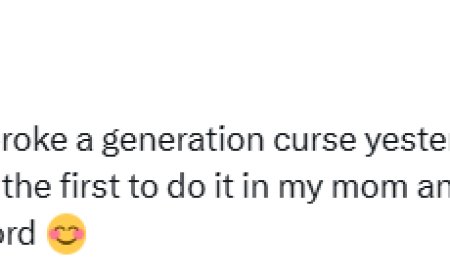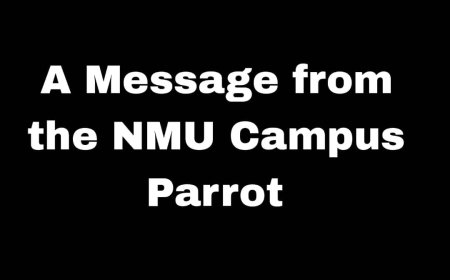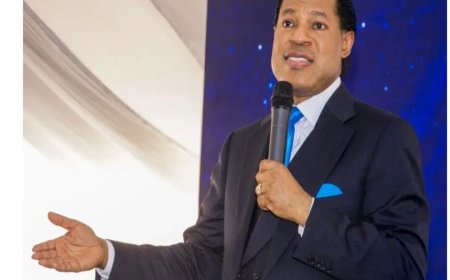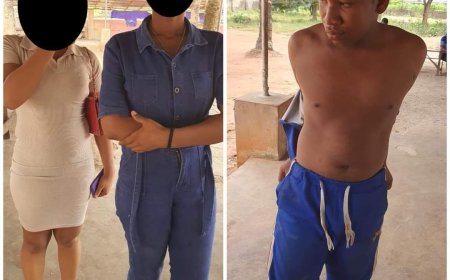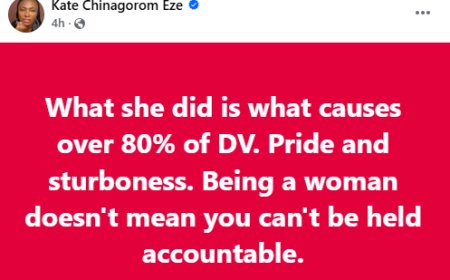A Community on the Water: Introducing Okerenkoko in Gbaramatu
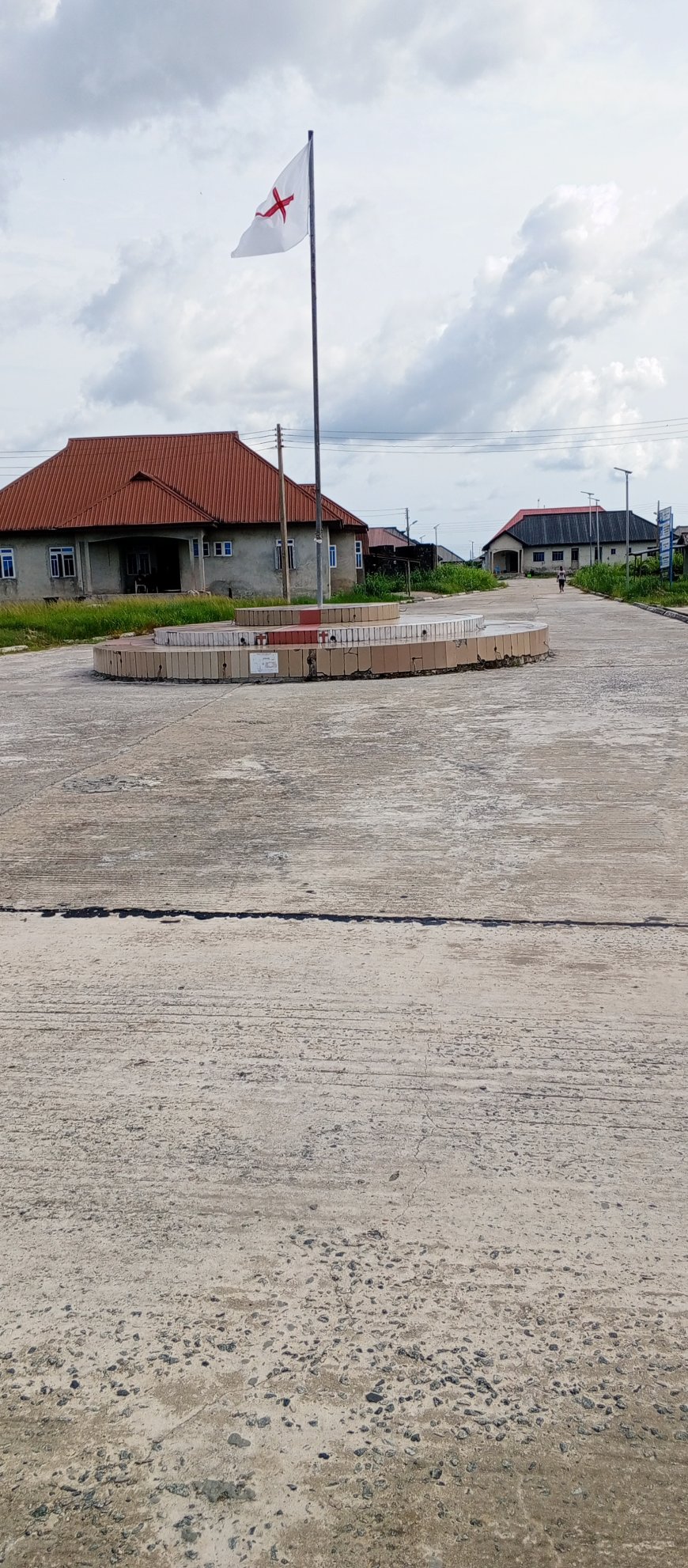
The Okerenkoko community, nestled within the Gbaramatu kingdom of Delta State, Nigeria, is on the cusp of a significant infrastructural uplift with the proposed development of a modern waterboard facility. This development holds the promise of transforming the lives of its inhabitants, who have long grappled with the challenges of accessing clean and reliable water sources. This comprehensive analysis delves into the multifaceted aspects of this project, exploring its potential benefits, the existing context of Okerenkoko, the environmental and social considerations, and the broader implications for the Niger Delta region.
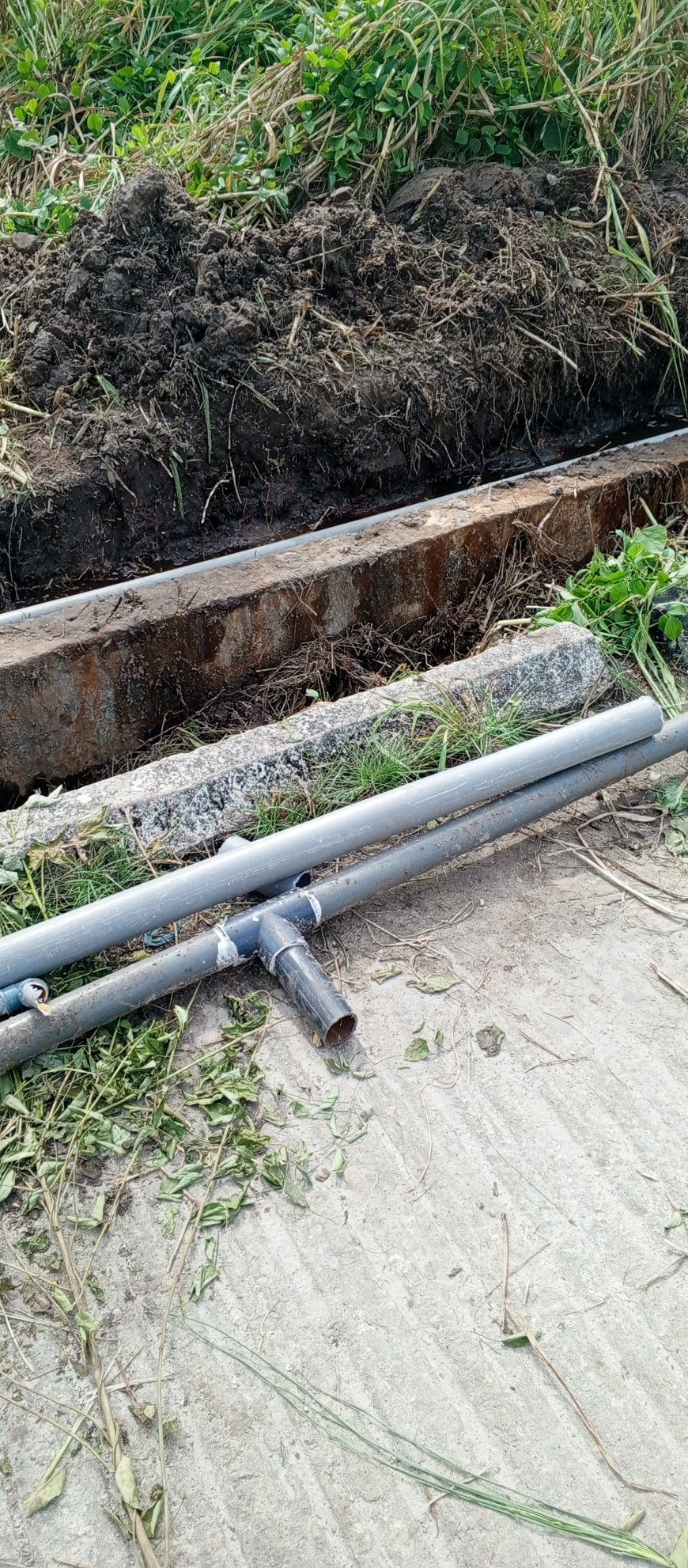
Okerenkoko, historically known as Okerenghigho, has a rich and complex past, with its original name reflecting its Itsekiri origins linked to the Omadino people. Over time, the community evolved, with Ijaws from Gbaramatu settling in the area. This has led to historical and legal disputes over land ownership, with the Supreme Court of Nigeria affirming the Omadino people as the rightful owners, while recognizing the Ijaws as tenants. Despite these complexities, Okerenkoko has grown into a significant community, now hosting the Nigerian Maritime University, a testament to its evolving importance within the region.
Currently, the primary economic activities in Okerenkoko are centered around fishing, with some involvement in farming, hunting, and lumbering. The presence of significant oil and gas resources in the wider Niger Delta has had a profound impact on the environment and the livelihoods of the people. Oil exploration and production have led to environmental degradation, including oil spills that have devastated aquatic life and vegetation, impacting the traditional means of sustenance for the community. Access to basic amenities like clean water has remained a persistent challenge.
The construction of a modern waterboard in Okerenkoko represents a crucial step towards addressing this fundamental need. Potable water supply is not merely about convenience; it is intrinsically linked to public health, economic growth, and the overall quality of life. The lack of access to clean water sources often leads to the prevalence of waterborne diseases such as cholera and typhoid, hindering the well-being and productivity of the community. By providing a reliable supply of treated water, the new waterboard can significantly reduce the incidence of these diseases, leading to a healthier and more vibrant population.
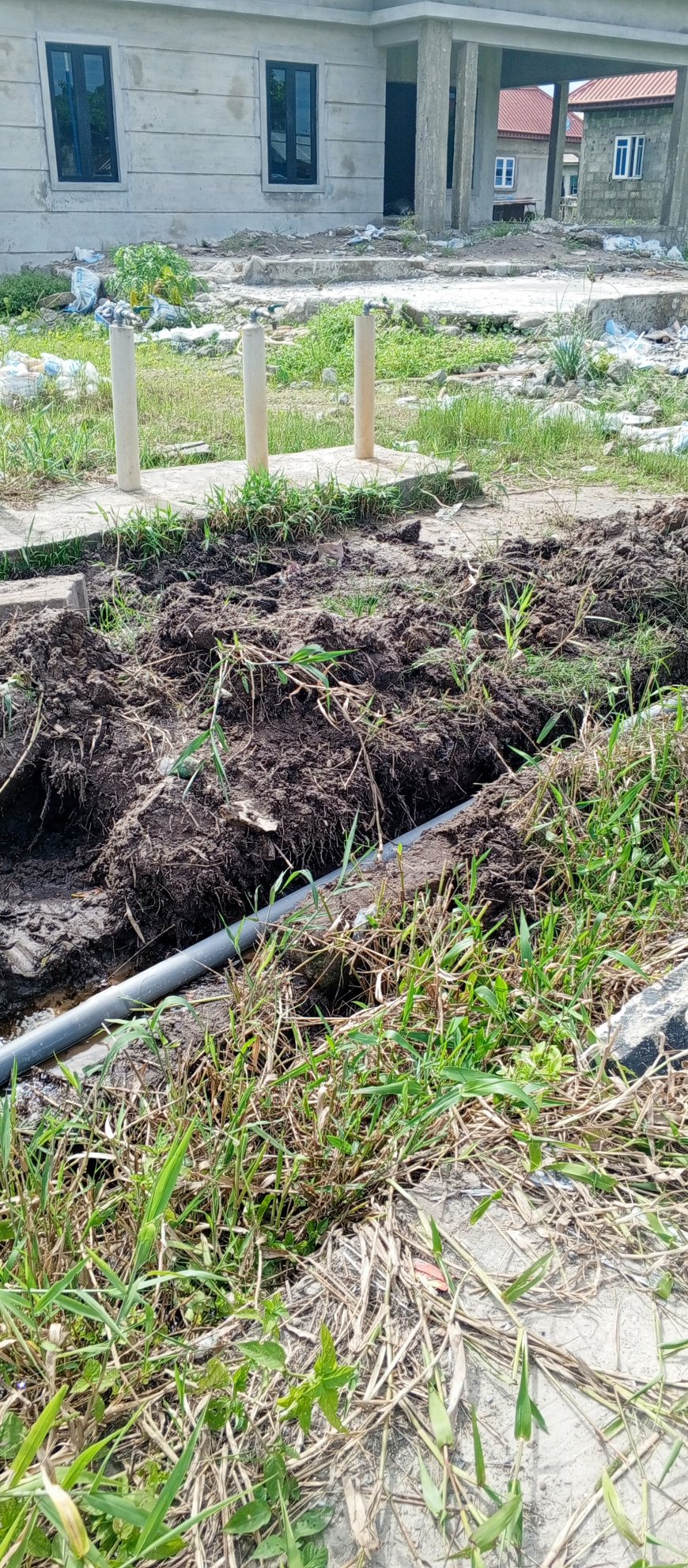
Economically, improved access to water can stimulate various activities. It can support local businesses, enhance agricultural practices, and create employment opportunities related to the operation and maintenance of the water infrastructure. Furthermore, it can attract further development and investment in the community, fostering a more sustainable and diversified economy beyond traditional fishing and resource extraction.
However, the development of a waterboard in a sensitive ecological zone like the Niger Delta necessitates careful consideration of environmental factors. Construction activities can lead to soil erosion and sediment pollution in waterways if not properly managed. Dewatering processes during construction must be handled to prevent contamination of groundwater sources. It is crucial that an Environmental Impact Assessment (EIA) is conducted to identify potential risks and mitigation measures are implemented to minimize any adverse effects on the surrounding environment, including the delicate mangrove ecosystems and the rich biodiversity of the region. Sustainable construction practices and adherence to environmental regulations are paramount to ensure the long-term viability of the project and the preservation of the natural environment.
Socially, the impact of this infrastructure development can be transformative. Access to clean water can alleviate the daily burden on women and children who are often responsible for fetching water from distant and potentially contaminated sources. This can free up their time for education, economic activities, and other pursuits, contributing to greater gender equality and overall social empowerment. Moreover, a reliable water supply can enhance sanitation practices, further improving public health and hygiene within the community.
The development of the Okerenkoko waterboard aligns with broader governmental and non-governmental efforts to improve infrastructure and living conditions in the Niger Delta region. The Niger Delta Development Commission (NDDC) and the Ministry of Regional Development have been involved in various projects aimed at enhancing water supply, road networks, and electricity in the region. Partnerships with international organizations like the United Nations are also being explored to accelerate sustainable development initiatives. These efforts recognize the historical challenges of underdevelopment and environmental degradation in the region, despite its significant contribution to the national economy through oil and gas production.
However, development in the Niger Delta is often fraught with challenges. These include environmental degradation from oil activities, high poverty levels, inadequate infrastructure, and social unrest stemming from resource conflicts and a sense of marginalization. It is essential that the Okerenkoko waterboard project is implemented in a way that is transparent, inclusive, and responsive to the needs of the community to avoid exacerbating existing tensions and to ensure its long-term success and acceptance. Community engagement and participation in the planning and implementation phases are crucial for fostering a sense of ownership and ensuring that the project benefits all residents equitably.
The provision of potable water and pipeline reticulation at Okerenkoko, with a reported contract award in 2021, indicates that this project has been in the works for some time. The actual construction and operationalization of the waterboard will be a significant milestone for the community. Ensuring the sustainability of the water supply through proper management, maintenance, and potentially incorporating renewable energy sources like solar power, as seen in other water projects in Delta State, will be vital for its long-term impact.
In conclusion, the new waterboard construction in Okerenkoko community in Gbaramatu, Delta State, holds immense potential for positive change. By addressing the critical need for clean and reliable water, it can significantly improve public health, stimulate economic activities, and enhance the overall quality of life for the residents. However, the success of this project hinges on careful environmental management, community engagement, and a commitment to sustainability. If implemented effectively, the Okerenkoko waterboard can serve as a model for other development initiatives in the Niger Delta, contributing to a more prosperous and healthy future for the region. The provision of this essential infrastructure underscores a growing recognition of the importance of addressing the long-standing developmental deficits in oil-producing communities and ensuring that they too can benefit from the resources within their region.
What's Your Reaction?











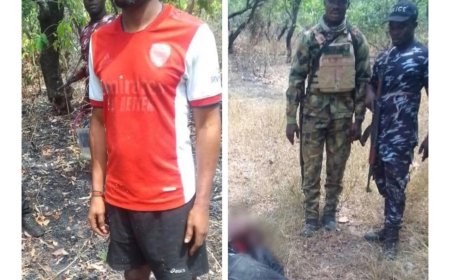



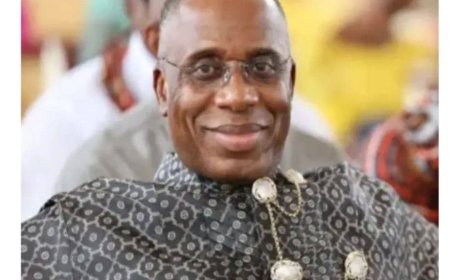
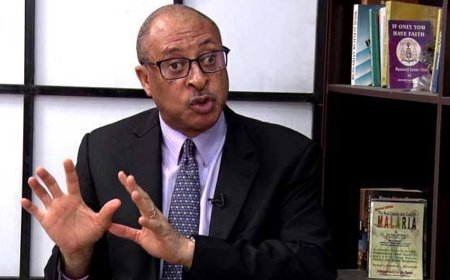

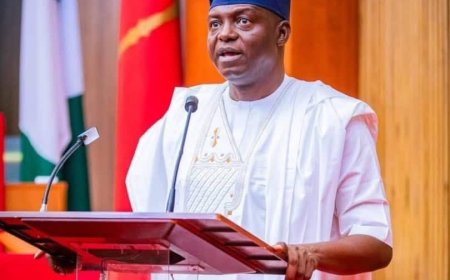

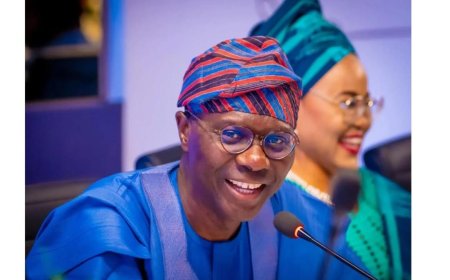


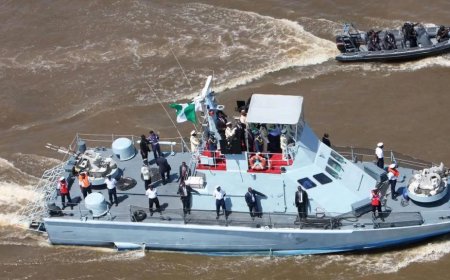
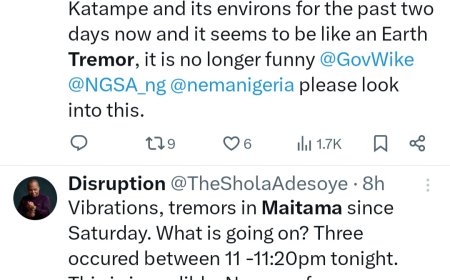


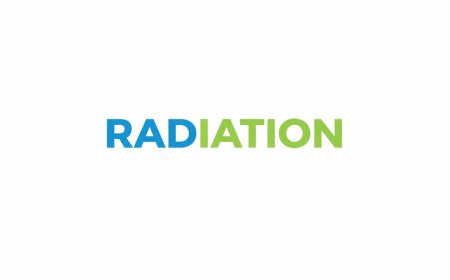
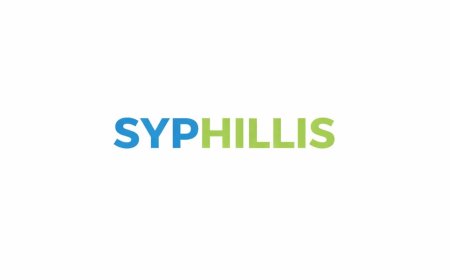
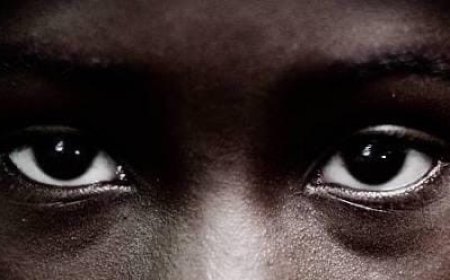

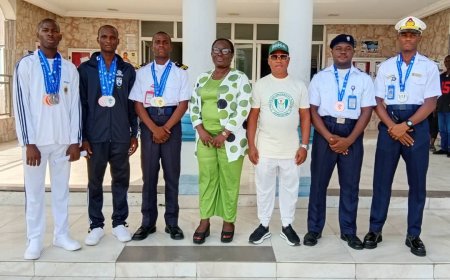
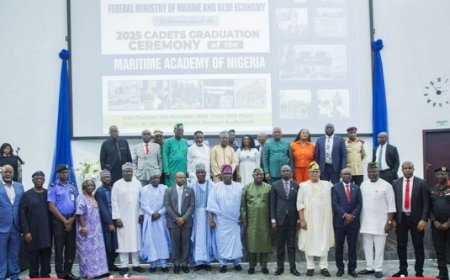



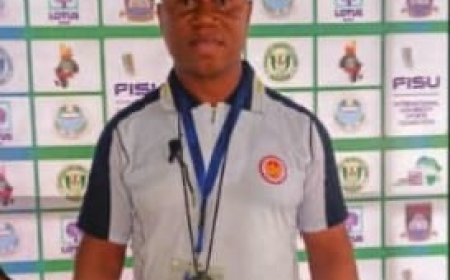

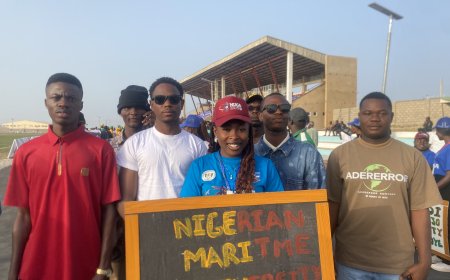


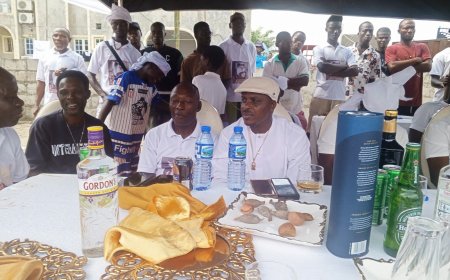
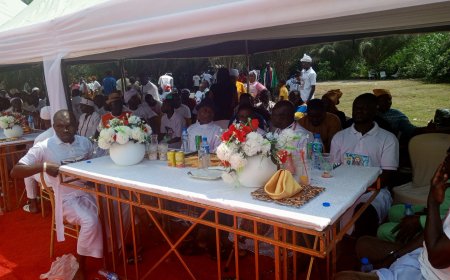

![Meet the Contestants of The Next Big Thing [TNBT]](https://flashupdates.com.ng/uploads/images/202508/image_430x256_688e0cb7c6806.jpg)


